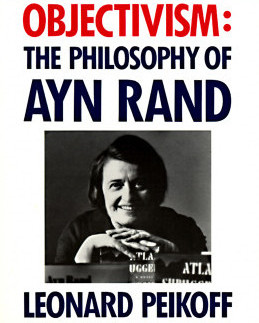- Art as a Concretization of Metaphysics
- Romantic Literature as Illustrating the Role of Philosophy in Art
- Esthetic Value as Objective
***
An excerpt from chapter 12 on Art from Objectivism: The Philosophy of Ayn Rand by Leonard Peikoff.
The last of the five branches that make up a full system of philosophy is esthetics, the philosophy of art.
Philosophy as such does not deal with the problems of a specialized professional field, such as law, education, psychology, or physics. Each of these fields does need philosophy: it needs not only broad philosophic guidance, but also the application of philosophy (especially, epistemology) to its own special problems and methods. Thus the importance of subjects such as the philosophy of law, of education, or of science.
These subjects presuppose a division of intellectual labor; each addresses the needs of a specific group of professionals. A branch of philosophy, by contrast, is universal and timeless. It deals with an intellectual need of man qua man.
Besides the need of a view of the universe (covered by metaphysics), a method of knowledge (epistemology), and a code of values (ethics and politics), the only other need within the province of pure philosophy is art.
Read the rest in Objectivism: The Philosophy of Ayn Rand.
